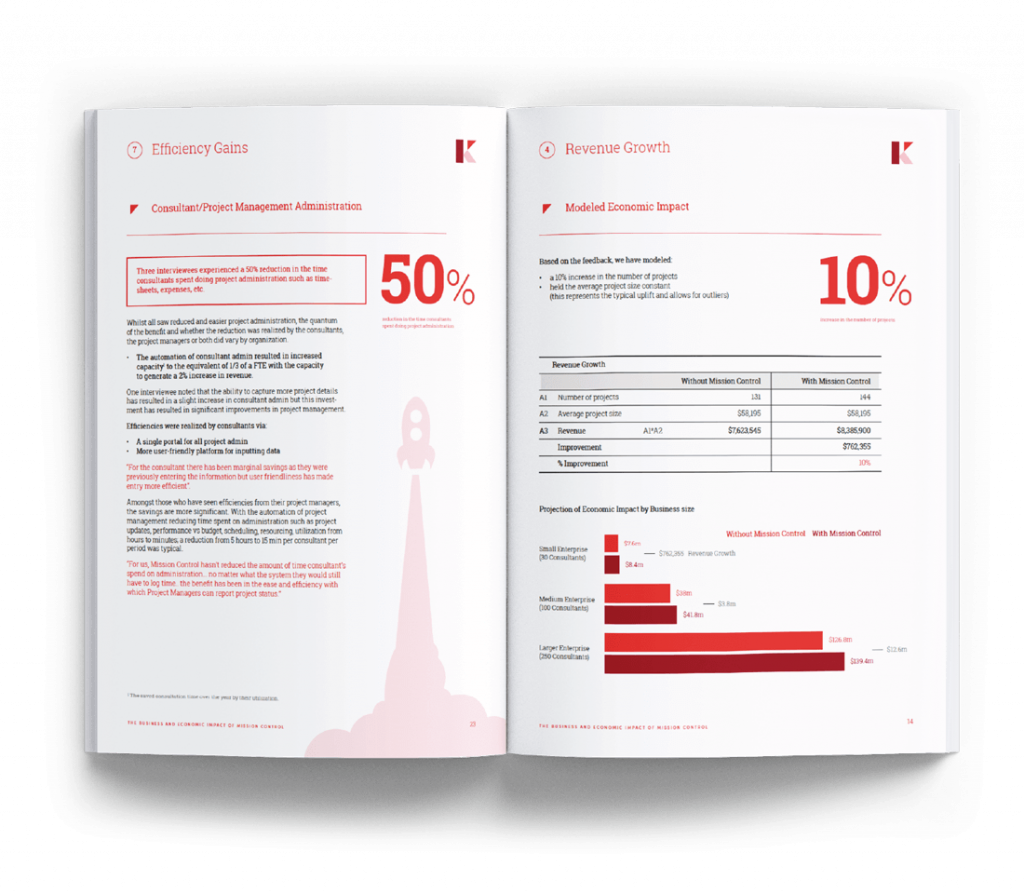Overview of Task Dependencies in Project Management
In project management, understanding task dependencies is crucial for the successful delivery of projects. Task dependencies define the relationships between tasks and how they interact with each other. These dependencies determine the sequence in which tasks must be completed to ensure a smooth workflow and timely project completion. The four main types of task dependencies are Finish to Start (FS), Start to Start (SS), Start to Finish (SF), and Finish to Finish (FF).
- Finish to Start (FS): Task B cannot start until Task A is finished.
- Start to Start (SS): Task B cannot start until Task A has started.
- Start to Finish (SF): Task B cannot finish until Task A has started.
- Finish to Finish (FF): Task B cannot finish until Task A has finished.
Each type of dependency serves a specific purpose and is used to plan and schedule tasks effectively. Among these, the Finish to Finish dependencies (FF) are particularly useful in ensuring that related tasks are completed simultaneously.
What are Finish to Finish Dependencies?
Finish to Finish dependencies (FF) are a relationship where the completion of one task is dependent on the completion of another task. In this type of dependency, Task B cannot finish until Task A has finished. The tasks do not have to start at the same time, but they must be completed together or in close succession.
Finish to Finish Dependencies Examples
- Writing and Editing a Report: Suppose Task A is writing a report and Task B is editing the report. The editing task (Task B) cannot be completed until the writing task (Task A) is finished. This ensures that the final report is polished and complete before submission.
- Construction and Inspection: In a construction project, Task A might be the construction of a building, and Task B is the final inspection. The inspection (Task B) cannot be completed until the construction (Task A) is finished. This ensures that the building is thoroughly checked and meets all safety standards before it is handed over.
- Software Development and Testing: In a software development project, Task A could be the development of a software module, and Task B is the testing of that module. Testing (Task B) cannot finish until the development (Task A) is complete. This ensures that the software is fully functional and bug-free before release.
How Finish to Finish Dependencies Improves Project Delivery
- Synchronization of Related Tasks: Finish to Finish dependencies help synchronize tasks that need to be completed together, ensuring that one task does not lag behind another. This synchronization is vital in maintaining the quality and coherence of the project deliverables.
- Efficient Resource Utilization: By aligning the completion times of related tasks, project managers can better allocate and utilize resources, reducing downtime and increasing productivity.
- Enhanced Quality Control: When tasks like writing and editing, or development and testing, are completed in tandem, it ensures that any issues or errors are identified and addressed promptly, leading to higher quality outcomes.
- Improved Scheduling: Finish to Finish dependencies provide a clear structure for project timelines, making it easier to create realistic schedules and avoid delays. This clarity helps in setting accurate deadlines and meeting project milestones.
- Risk Mitigation: By ensuring that tasks dependent on each other are completed together, project managers can mitigate risks associated with incomplete or out-of-sync deliverables, thereby enhancing project stability and reliability.
Conclusion
Understanding and utilizing Finish to Finish dependencies in project management is essential for the seamless coordination of tasks that need to be completed concurrently. By leveraging Finish to Finish dependencies, project managers can improve scheduling accuracy, resource utilization, and overall project quality. Mission Control, our Salesforce-native PSA solution, supports the effective management of task dependencies, helping you deliver projects on time and within scope.




